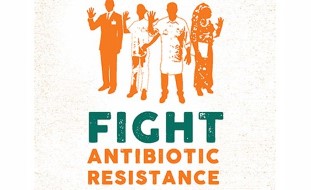Introduction to the clinical management of rape and intimate partner violence in humanitarian settings
This course is the first of five courses. It introduces gender-based violence (GBV), intimate partner violence (IPV), and rape. The course describes the clinical care of people who have been raped or have experienced IPV in emergencies. It also includes general information which may need to be adapted to suit national policies and practices and the availability of materials, equipment, and drugs.
Sexual violence and intimate partner violence (IPV) can be especially problematic in complex emergencies and natural disasters. In these situations, civilian women and children are often targets of abuse, exploitation and violence because of their sex, age, and status in society. This course is the first in a series of courses that provide detailed guidance on the clinical management of survivors of rape and intimate partner violence. This series is intended for qualified healthcare workers providing services to survivors of rape and intimate partner violence in humanitarian emergencies. It considers available resources, materials, drugs, and national policies and procedures.
The course is comprised of videos, presentations, case studies and quizzes. It focuses on knowledge and skill-building.
What you’ll learn; Who this course is for
Define the concept of gender-based violence, intimate partner violence, and the term “rape” used in this course.
Discuss the complexity of prevention and response to rape and intimate partner violence in humanitarian settings.
Debunk myths about rape and intimate partner violence.
Explain the responsibilities of healthcare providers in responding to survivors of rape and intimate partner violence.
Explain the relationship between human rights and medical care for survivors of rape and intimate partner violence.
List the guiding principles for providing survivor-centred care.
List the actions required to adapt or develop a protocol for clinical management of rape and intimate partner violence.
Describe the information needed to provide care for survivors of rape and intimate partner violence.
The primary audience for this program is qualified health care providers (e.g. health coordinators, medical doctors, clinical officers, midwives, and nurses) working in emergency situations. The program can also be used in planning care services and training health care providers.
User Reviews
Be the first to review “Introduction to the clinical management of rape and intimate partner violence in humanitarian settings”
You must be logged in to post a review.







There are no reviews yet.